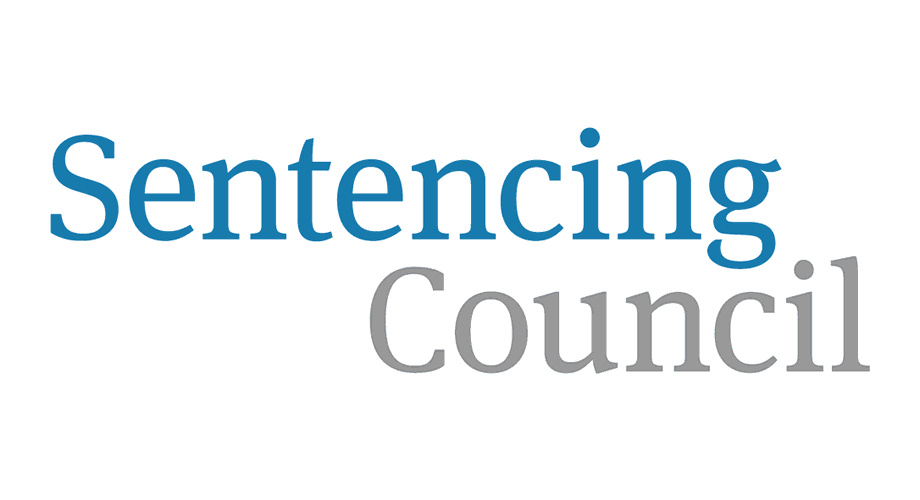On 9 May 2018 the Sentencing Council, which is the body responsible for setting sentencing guidelines in England and Wales, has published proposed new guidelines in respect to public order offences. The consultation ends on 8 August 2018.
What public order offences are covered?
The guidelines will apply to the following offences, all of which are to be found in the Public Order Act 1986:
- Riot
- Violent disorder
- Affray
- Threatening or provocation of violence and the racially or religiously aggravated counterpart offences
- Disorderly behaviour with intent to cause harassment, alarm or distress and the racially or religiously aggravated counterpart offences
- Disorderly behaviour causing or likely to cause harassment, alarm or distress and the racially or religiously aggravated counterpart offences
- Offences relating to stirring up racial or religious hatred and hatred based on sexual orientation
When will the new guidelines come in to force?
The proposed guidelines for public order offences are being consulted upon. As a result it is unlikely that any new guidelines will come into force before the end of this year at the earliest.
However, what we tend to see is that judges look at consultation guidelines, even when they are not supposed to. Sentences may begin to reflect the new guideline before it is in force. As a result it makes sense to keep a close eye on sentencing in this area of law.
What are the proposed changes?
These offences can vary greatly in their nature and in their seriousness. For example, affray, which covers the use or threats of violence which would make someone fear for their personal safety, may involve serious or sustained violence or a less serious incident where no one is injured.
The new public order offences guidelines aim to set out a clear approach to sentencing that covers the main factors that should be taken into account in assessing the culpability of the offender and the harm they caused.
For example, an offender with high culpability in the riot guideline may have used petrol bombs or firearms, been a ringleader in instigating violence or have been instrumental in escalating the level of disorder.
The guidelines also aim to encapsulate the wide-ranging harm that is caused by these offences. Individual members of the public may suffer physical injury, fear or distress. There might be damage to their property. Business owners may suffer loss of livelihood and damage to their premises.
Public disorder can inflict serious disruption and damage to local communities and police officers and other emergency workers may be attacked and injured. Incidents may also involve substantial costs to the public purse.
The guidelines also highlight other aggravating factors that would increase the seriousness of offences. This can include offenders inciting others to participate in violence, trying to prevent emergency services from carrying out their duties, causing injuries to police dogs or horses and using or possessing weapons.
Finally, the proposed guidelines also take into account trends in criminality and a social climate which has seen a rise in hate crime offending. The Council considered that a guideline on public order would be incomplete if it did not cover racially or religiously aggravated public order offences and those which specifically address stirring up of racial or religious hatred or hatred based on sexual orientation.
Will sentences for public order offences be longer as a result?
The Sentencing Council does not anticipate that sentence severity will increase, save for a couple of exceptions concerning fines.
Data exists on the number of offenders sentenced for public order offences, and the sentences imposed. There is, however, a lack of data on the categories of seriousness of current cases. It is therefore difficult to establish how current cases would be categorised across the levels of harm and culpability in the draft guideline.
The fear, therefore, is that these new guidelines may result in tougher sentences being imposed that will stretch an already underfunded prison service.
Read more and take part in the consultation here.
How we can assist you
If you are a suspect in a case involving a public order offence then your interview with the police will be key in terms of whether you are prosecuted or convicted of an offence. As a result there are a number of good reasons why you ought to take our free and independent legal advice if interviewed under caution.
If you find yourself facing court proceedings and are denying the offence then we will put together the best case possible to go before the Magistrates or a jury. Some reasons why you might wish to instruct us can be found here.
Finally, in cases where you wish to plead guilty then we will assist the court in placing your case properly within any guidelines and ensure that all mitigating features are placed before the sentencing court. Again, some of the relevant considerations for sentence can be found here.
Please contact your nearest office for further advice
or alternatively use the contact form below





